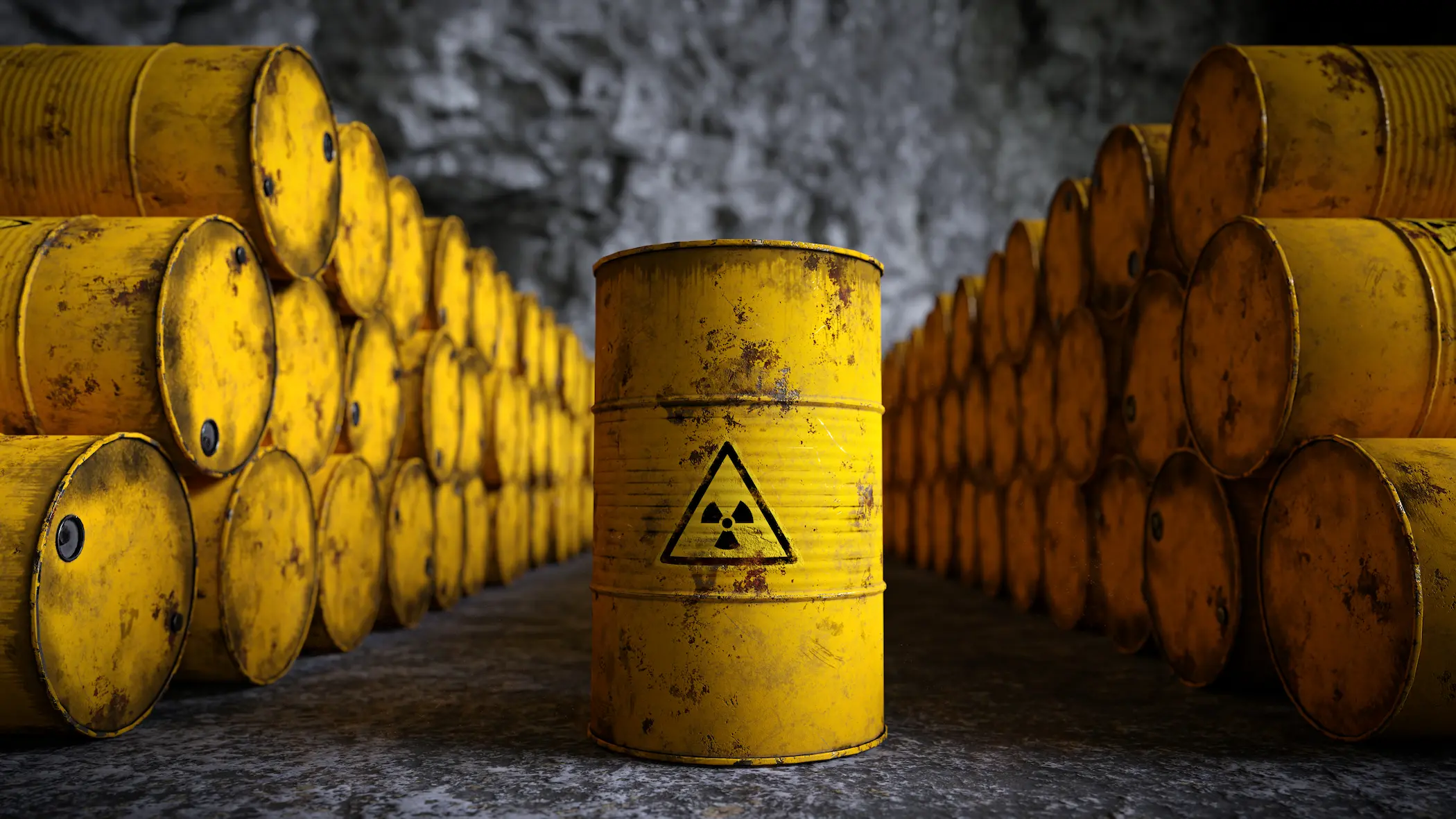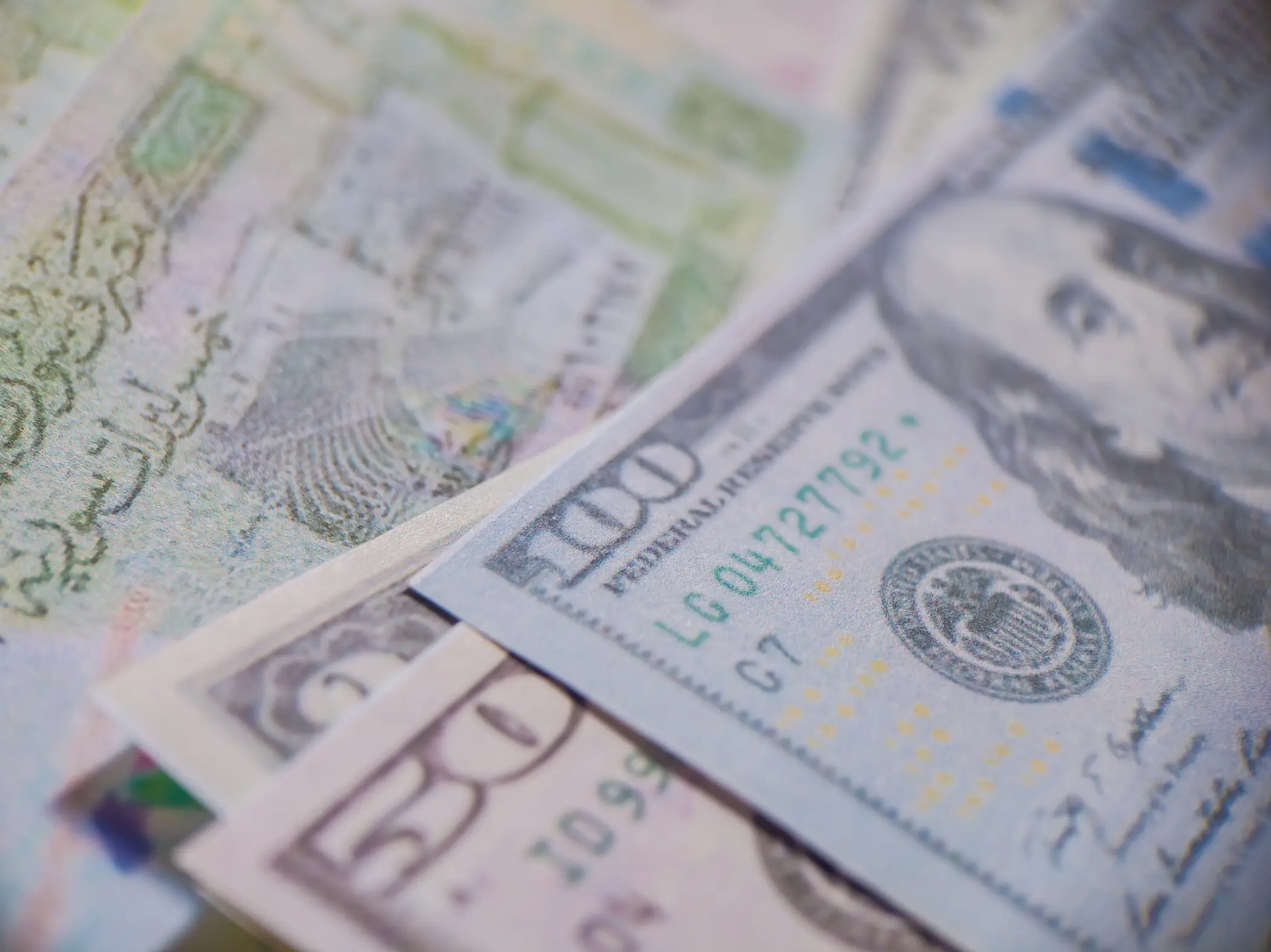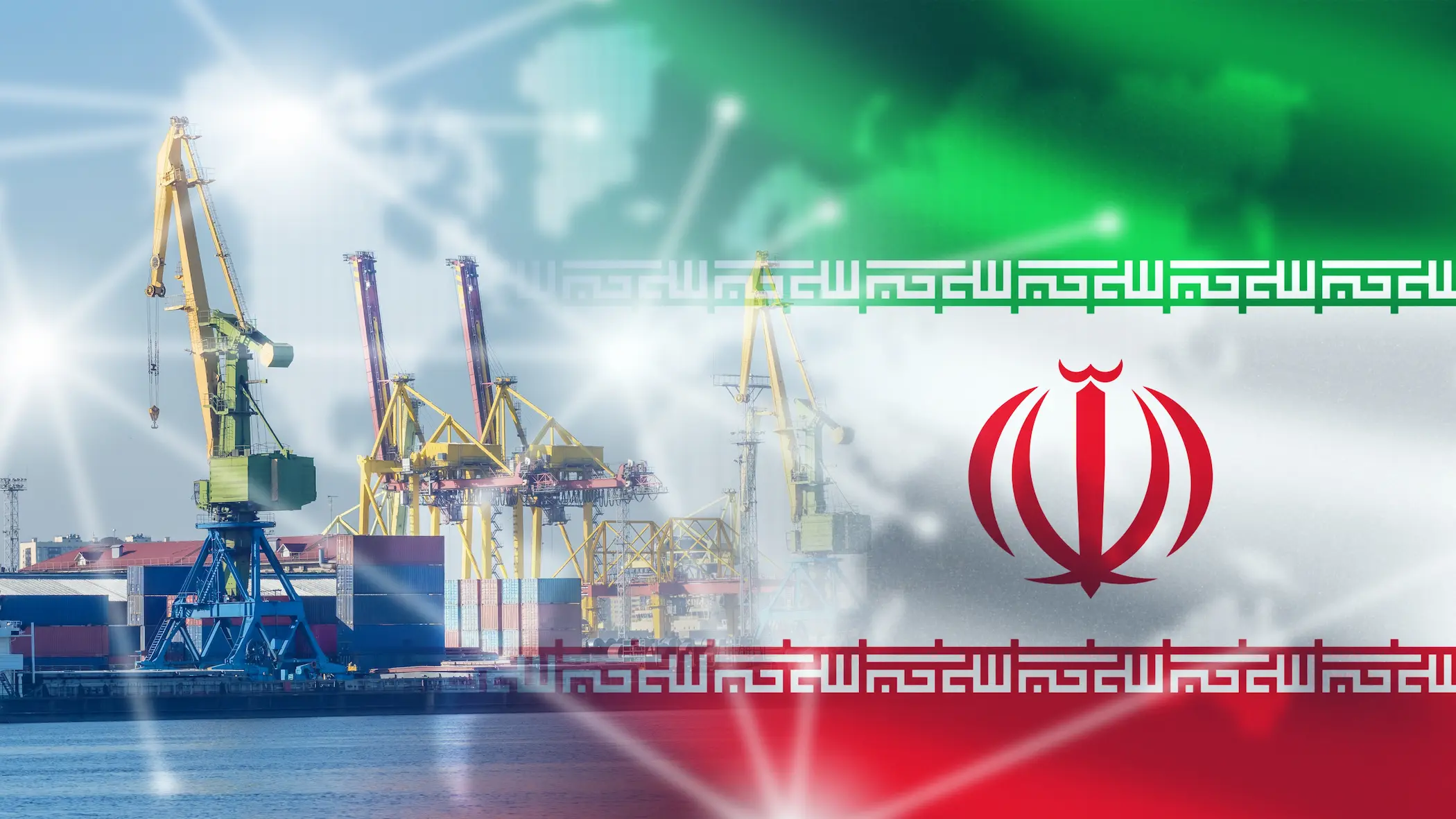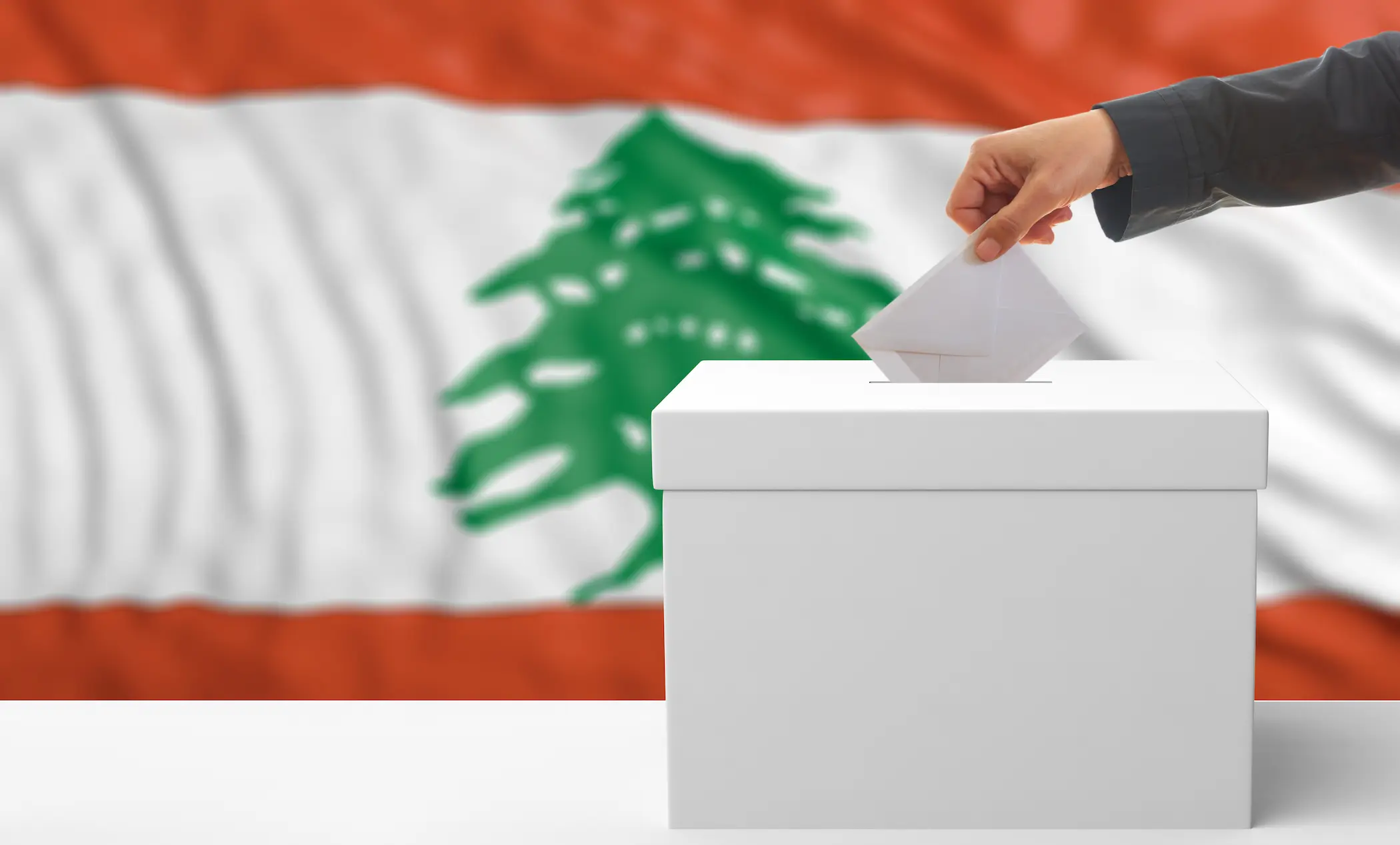22 Jun 2025
What If: Iran Attacked the Dimona Reactor?
Amid the intensifying confrontation between Iran and Israel throughout 2025, the prospect of a direct strike against Israel’s Dimona nuclear facility has moved from a remote possibility to a plausible escalation scenario. As military operations increasingly target strategic infrastructure on both sides, the regional system faces the risk of a threshold breach—one that could trigger not only military and political consequences but also a multidimensional crisis involving radioactive contamination, mass displacement, and economic collapse across multiple states.
While Israel would undoubtedly bear the immediate brunt—facing mass civilian evacuations, irreversible environmental degradation in the Negev, and the paralysis of its agricultural and tourism sectors—the ripple effects would extend far beyond its borders.
Jordan’s border regions and agricultural zones in the Jordan Valley could face contamination and humanitarian strain, potentially requiring the evacuation of tens of thousands of people. Egypt’s Sinai Peninsula and northern Suez region could suffer fallout exposure, disrupting global shipping through the canal and threatening the Red Sea tourism corridor. Saudi Arabia’s northern provinces, including areas tied to its Vision 2030 megaprojects, could face both environmental and demographic disruption.
18 Jun 2025
Flashpoints and Fallout: Assessing Regional Nuclear Threats
The threat of nuclear weapons, once seemingly receding with the end of the Cold War, has resurged with alarming intensity. A renewed nuclear arms race and a dangerous erosion of the norms and treaties that have, for decades, helped prevent the unthinkable are being witnessed by the world. Since February 2022, Russia's invasion of Ukraine and the accompanying rhetoric—including overt and subtly veiled threats to employ nuclear weapons—have broken the post-Cold War taboo. Russia's nuclear weapon posture in Belarus increases tensions even more and normalises the debate about nuclear war. The invasion has had a ripple effect globally, with countries like South Korea, Germany, and Poland expressing renewed interest in nuclear deterrence, either through their own programmes or by hosting US nuclear weapons. Poland's consideration of joining Belgium, Germany, Italy, the Netherlands, and Turkey as a host for US nuclear weapons highlights this dangerous trend. Meanwhile, North Korea's continued, unchecked development of its nuclear arsenal and the persistent nuclear belligerence between India and Pakistan serve as concrete examples of the ongoing global threat.
The nuclear shadow over the Middle East has deepened in the aftermath of the October 7 events, which sharply re-escalated regional tensions and exposed the fragility of the existing security order. As Israel’s military operations in Gaza risk broadening into a wider regional confrontation, concerns about the potential use and further proliferation of nuclear weapons have intensified. The director general of the IAEA has recently warned that the intensification of hostilities in the region could acquire “nuclear dimensions,” underscoring the urgent need for full-scope safeguards and renewed diplomatic engagement to prevent further escalation. In this increasingly volatile context, the nuclear issue remains deeply intertwined with broader political and security dynamics, raising the spectre of a dangerous tipping point in regional proliferation. With the renewed conflict between Israel and Iran, talk of nuclear targets and their impact on the region has returned.
Against this backdrop, this paper examines the various forms of nuclear threats and assesses the vulnerability of selected case study countries. These cases—Egypt, the United Arab Emirates (UAE), Saudi Arabia, and Jordan—were chosen based on their susceptibility to nuclear disasters, primarily determined by the presence of nuclear facilities that could be potential sources of risk. Geopolitical significance was also a key factor in the selection process. The threats are grouped into two main categories: the first relates to the dangers posed by nuclear warfare, while the second focuses on risks associated with nuclear or radioactive leaks. Each scenario is further broken down into sub-scenarios that analyse the projected impacts on the selected cases, including estimated fatalities and casualties. The primary criterion guiding case selection and analysis is human loss, with specific cities chosen based on population density, and consequences evaluated accordingly.
By evaluating projected impacts—including human loss and disruption to critical infrastructure—this paper aims to provide a comprehensive assessment of nuclear vulnerability in these key states. In doing so, it highlights how the evolving nuclear landscape in the Middle East region is shaped not only by technological and strategic factors but also by the interplay of domestic ambitions and external pressures. The findings underscore the urgent need for robust safeguards, regional cooperation, and international engagement to mitigate the growing risks posed by nuclear weapons and technology in an increasingly unstable global environment.
15 Jun 2025
The Erosion of Iranian Deterrence
Between June 13 and 14, 2025, Israel executed one of the most daring and sophisticated military operations in its contemporary history: a multi-pronged aerial strike that penetrated deep into Iranian sovereign territory in an unprecedented fashion. The offensive targeted critical nuclear infrastructure, including the Natanz and Fordow enrichment facilities, alongside additional military installations near Isfahan. Furthermore, the operation struck key airbases integral to Iran’s air defence network, most notably Hamadan and Tabriz airfields. In parallel, Israeli forces targeted senior leadership within both the Islamic Revolutionary Guard Corps (IRGC) and the conventional military, with subsequent intelligence assessments confirming direct hits and casualties among Iran’s high command.
Iran's response, though swift, bore the hallmarks of operational improvisation. Seeking to reassert deterrence and project resilience, Tehran launched over one hundred unmanned aerial vehicles (UAVs) on the same day, primarily of the Shahed-136 and Shahed-131 variants. These drones traversed approximately 2,000 kilometres through Iraqi and Syrian airspace. However, the majority failed to reach Israeli territory. Instead, they were intercepted by a multi-layered defensive network composed of Jordanian, Saudi, and Israeli air defence systems, all heavily supported by U.S. early-warning and tracking technologies. A large number were neutralized over Iraq’s Anbar province and the deserts of Jordan, while others were downed over northern Saudi Arabia.
On June 14, Iran escalated by launching its principal retaliatory strike in the form of a large-scale, coordinated ballistic missile attack. Over 150 ballistic missiles were deployed, prominently including Ghadr-110 (with a range of up to 3,000 km), Khorramshahr, and Sejjil-2—among the most advanced systems in Iran’s medium-range missile arsenal. These missiles targeted multiple sites deep inside Israeli territory. A notable strike occurred near Israel’s Ministry of Defence compound in the Kirya complex in central Tel Aviv, where one missile reportedly caused structural damage and minor injuries, though no fatalities among military personnel were confirmed. Additional missiles struck civilian infrastructure in Tel Aviv, Ramat Gan, and Rishon LeZion, injuring several individuals—one critically—with the majority suffering only mild to moderate wounds.
Despite the magnitude of the missile barrage, the strategic yield fell significantly short of Tehran’s expectations. This underperformance prompted Iranian authorities to broaden the scope of their confrontation, issuing explicit warnings that U.S. military assets across the region—particularly in the Gulf—would henceforth be considered legitimate targets. These threats referenced high-value installations such as Al Udeid Air Base in Qatar, Al Dhafra Air Base in the United Arab Emirates, and U.S. military positions in Iraq, including Ain al-Asad and Camp Victoria in Baghdad, as well as naval facilities in Bahrain.
From Iran’s strategic vantage point, any U.S. involvement—especially in reinforcing Israeli air defences—constitutes direct participation in the hostilities. This rationale is now used to justify Tehran’s threats to strike American military positions across the Gulf. The implications of this shift are profound: for the first time since 2020, the prospect of open military confrontation in the Persian Gulf has become a credible geopolitical scenario. The regional deterrence equation, long balanced on latent threat and calculated ambiguity, has now entered a phase of dangerous volatility.
This analysis seeks to offer a comprehensive examination of the strategic motivations underpinning Iran’s threats to target U.S. military bases in the Gulf region. By synthesizing operational data—namely, Iran’s patterns of ballistic missile and drone deployment—with broader structural dynamics of regional and international power distribution, to elucidate the strategic logic through which American military installations in the Gulf emerge as priority targets within Iran’s evolving deterrence doctrine.
12 Jun 2025
Clandestine Axis of Middle East Hegemony: Iran, Israel, and the US
In George Orwell's classic 1984, his world was held together by unending war: In the book, messages of hate and reasons to fear were broadcast each day to encourage fearful, slavish masses to rail against an imaginary enemy rather than their actual masters.
US and British geo-strategists have historically been masters of manipulation, redrawing the map of the world to suit Western economic, geopolitical, and military interests, particularly in the MENA region. Their detractors are convinced that their broad goal is Western domination of the area via surrogates and partners such as Israel and Iran (via the back door) to retain control over natural resources and waterways while ensuring those resources do not fall into the hands of competitors such as China and Russia. A school of thought contends that they manufacture sectarian conflicts on the principle of “divide and rule,” creating tensions that justify the installation of military bases and fuel the military-industrial complex through arms sales.
A 2008 paper titled America’s Divide and Rule Strategies in the Middle East by Mahdi Darius Nazemroaya highlights US efforts to create divisions within Middle Eastern and Central Asian populations through ethno-cultural, religious, sectarian, national, and political differences. According to this perspective, sectarian divides—particularly between Sunni and Shia Muslims—have been deliberately cultivated to weaken regional unity and facilitate geopolitical control.
The Iraq War (2003) and its aftermath further exacerbated these sectarian tensions. The dismantling of Saddam Hussein's Sunni-dominated Ba'athist regime and the empowerment of Shia and Kurdish groups created a power vacuum, fueling sectarian violence. Groups like Al-Qaeda in Iraq (later ISIS) thrived under these conditions, exploiting sectarian grievances. The redrawing of Iraq’s internal boundaries, particularly the establishment of the Kurdistan Regional Government, further solidified ethnic divisions. Toby Dodge, in Inventing Iraq: The Failure of Nation Building and a Road to Peace, argues that the US approach to state-building in Iraq inadvertently deepened these fault lines.
Similarly, US involvement in the Syrian Civil War (2011–2024), through support for various opposition groups, contributed to the country’s fragmentation along ethnic and sectarian lines. The conflict saw the rise of numerous factions, many of which received US backing. The emergence and territorial control of Kurdish-dominated forces in northeastern Syria, supported by the US in the fight against ISIS, created tensions with Arab populations and neighboring Turkey. The conflict has been widely analyzed as having a significant sectarian dimension, with regional powers backing different factions along Sunni-Shia lines.
Middle East expert and author Fred Reed states: “One might be forgiven for surmising that the current thrust of US policy in the Middle East and through the Muslim world is to exacerbate Sunni-Shiite divisions.”
US foreign policy in the region has often been perceived as favoring certain regional powers over others, sometimes along sectarian lines, exacerbating existing tensions. The complex relationship between the US and Saudi Arabia (a Sunni-majority state) and its rivalry with Iran (a Shia-majority state) has frequently been interpreted through this lens, even if US interests are primarily geopolitical. Support for different factions in conflicts like the Yemeni Civil War has similarly been framed within the context of regional sectarian rivalries.
Certain think tanks and policy circles in the US have promoted ideas that emphasize sectarian and ethnic divisions in the Middle East as a way to understand and potentially manage the region. Foreign Policy in Focus columnist Conn Hallinan argues that a major US concern in the Middle East is oil. With two-thirds of US oil expected to be imported by 2020, and 65% of the world's remaining oil reserves located in the Middle East, he suggests that a strategy of “divide and conquer” is aimed at keeping strategic control of these resources. Hallinan also highlights the lucrative nature of ongoing Middle Eastern tensions for the US arms industry, citing that countries like the UAE, Saudi Arabia, Kuwait, and Oman have spent over $150 billion on arms purchases.
While the significance of oil in US foreign policy has arguably shifted due to increased domestic production and diversification of energy sources, the Middle East remains strategically important for global energy security. A 2024 report from the Council for a Secure America notes that US oil imports from the Middle East have reached a record low, falling below 11% of total imports. However, this shift does not negate the region’s role in global energy markets.
The US continues to maintain strong relationships with key Gulf oil-producing states like Saudi Arabia and the UAE. While policy priorities have expanded beyond securing oil supplies to include counterterrorism, regional stability, and containing rival powers, access to stable energy markets remains a key consideration. Events like the war in Ukraine have further underscored the interconnectedness of global energy markets and the importance of stable Middle Eastern oil production in preventing global price shocks. In fiscal year 2024, US military sales surged, with direct commercial sales rising to $200.8 billion from $157.5 billion in 2023. Government-facilitated arms sales also increased to $117.9 billion. The Middle East remains a significant market for US arms exports, with over $5.5 billion in approved arms sales to Egypt and Morocco alone in December 2024.
The underlying argument of this paper is that beyond the apparent hostilities and rivalries in the region, there exists a covert strategic alliance between Iran, Israel, and the United States. This cooperation manifests in various ways, including indirect coordination in conflict zones, intelligence-sharing, and economic transactions that defy public rhetoric. Despite Iran’s portrayal as a staunch adversary of both the US and Israel, instances of tacit collaboration—such as Iranian oil exports finding their way to markets through indirect channels, US tolerance of Iranian-backed militias in specific contexts, and shared interests in counterbalancing regional actors like Turkey and the Gulf states—suggest a more complex dynamic. This hidden alliance reflects a pragmatic approach to maintaining regional equilibrium, securing strategic interests, and preventing the emergence of truly independent powers that could challenge the existing order.
19 May 2025
What Does the Lifting of U.S. Sanctions Mean for Syria?
The United States started putting sanctions on Syria as early as 1979, mostly because Syria was labelled as a State Sponsor of Terrorism (SST). The first designation was based on Syria's military occupation of Lebanon and its support for groups like Hezbollah that the government paid for. This early policy took a harsh and threatening stance against a government that was seen as hostile and supportive of non-state actors that were seen as a threat to U.S. interests.
After the Syrian conflict started in 2011, the U.S. greatly increased its sanctions against the Assad government. The goal of these more extensive measures was to stop the Syrian government from using violence against its people and to encourage political changes that could get to the bottom of the conflict. This was a big change from only focussing on counter-terrorism to a wider agenda that included human rights and changing the behaviour of the regime, with some elements of coercive diplomacy.
The end of Bashar al-Assad's rule in early December 2024 marks a major change in Syria's politics. This event changed the main goal of the long-standing U.S. sanctions, which were mostly aimed at the now-deposed government.
In May 2025, during a trip to Saudi Arabia, U.S. President Donald Trump made a big announcement: he would lift sanctions on Syria. He said this would "give them a chance at greatness." Many people see this announcement as a "historic development" that has "major potential to improve living conditions" and "support the Syrian political transition." The goal is to make the area more stable and improve Syria's economic prospects after years of being held back by harsh international sanctions. This paper looks at the United States' sanctions against Syria in depth, putting the recent change in policy in the context of its history and the law.
1 May 2025
Rajaee Port Explosions: Could it Disrupt Diplomatic Path Between Tehran and Washington?
The strategically significant Rajaee Port in Bandar Abbas, southern Iran, was rocked by a massive explosion during the third round of Iranian-US talks in Oman on Saturday, April 26 2025, marking a pivotal moment that warrants in-depth analysis. Located near the Strait of Hormuz, the port serves as a critical nexus for Iran's container traffic and plays a crucial role in the country’s foreign trade, especially amid the sanctions imposed on it. Initial reports point to two primary hypotheses regarding the cause of the incident: the first suggests an accidental explosion resulting from mishandling hundreds of tons of a vital chemical substance, likely used to fuel Iran’s ballistic missile programme, reminiscent of the 2020 Beirut explosion; the second, however, raises the possibility of deliberate sabotage, potentially orchestrated by Israel with the intent to disrupt the Iranian-American diplomatic track. The timing of the explosion, coinciding with intense diplomatic efforts, adds further weight to its potential ramifications.
Regardless of the final cause, an explosion of such magnitude exposes significant vulnerabilities in Iran's security and management systems, reverberating across the entire region. It casts a shadow over diplomatic efforts aimed at addressing nuclear tensions and other unresolved issues. This commentary explores the potential post-incident scenarios, the implications of each hypothesis
15 Apr 2025
Ripple Effect: Trump Tariffs and the World’s Economic Quake
In April 2025, the Trump administration stunned global markets by announcing a sweeping tariff expansion under the International Emergency Economic Powers Act (IEEPA), introducing a flat 10% universal tariff on all imports. This move, framed as a national economic emergency response, immediately triggered global trade uncertainty and diplomatic friction. The policy marked a significant escalation of Trump’s protectionist agenda, signalling a break with multilateralism and targeting long-standing trade imbalances with strategic rivals and allies alike. We found that the United States (U.S.) trade structure is deeply imbalanced, with persistent deficits concentrated in sectors essential to industrial production, such as machinery, electronics, and vehicles. These deficits have exposed the U.S. to retaliatory measures from key trade partners—particularly China, Canada, and the EU—who have calibrated their responses to hit politically and economically sensitive export categories. Tariffs have initiated a multi-channel inflationary shock: direct consumer price increases, rising intermediate input costs, and cascading pressures on logistics and wages. The compounded effect has resulted in a net consumer price index (CPI) increase of approximately 1.2%, with higher spikes in key durable goods. Global supply chains are beginning to reconfigure.
The automotive sector, in particular, has seen disruption in bilateral flows with traditional partners, creating openings for new logistical nodes. The UAE stands out as a beneficiary, attracting redirected FDI and becoming a strategic re-export and final assembly hub. Collectively, these findings underscore a paradox: while the policy aims to reduce dependency and correct trade imbalances, it simultaneously accelerates external retaliation, domestic cost pressures, and global fragmentation in trade infrastructure.
20 Feb 2025
The Al Habtoor Research Centre Gaza Reconstruction Plan
The Gaza Strip, tragically marked by recurring cycles of conflict and destruction, faces a complex and deeply entrenched crisis that extends far beyond the visible damage to its buildings and infrastructure. The repeated devastation has crippled its economy, fractured its social fabric, and left its population in a state of perpetual vulnerability, demanding a comprehensive and transformative approach to recovery. Traditional reconstruction efforts, while necessary, have often fallen short by primarily focusing on the immediate task of rebuilding damaged structures. These efforts, though well-intentioned, have frequently failed to address the fundamental underlying economic and governance challenges that perpetuate instability and hinder long-term progress. This report, therefore, proposes a fundamentally different approach: a three-pillar framework that integrates immediate humanitarian relief with long-term strategies for economic sustainability and the establishment of durable peace. This holistic approach recognizes that true recovery requires not only rebuilding physical infrastructure but also fostering economic opportunity, strengthening governance, and promoting social cohesion, ultimately breaking the cycle of conflict and paving the way for a more stable and prosperous future for the people of Gaza. This three-pillar approach addresses the problem from a broader perspective.
8 Jan 2025
Back to Square One: Will the Presidential Vacuum in Lebanon Come to an End?
Lebanese Parliament Speaker Nabih Berri reiterated his call for a general session of Parliament on Jan. 9, 2025, to elect a new president as Lebanon’s presidential vacuum stretches into its third year. This call comes amid an ongoing crisis that began on October 31, 2022, following the end of former President General Michel Aoun's term. Aoun’s departure marked the conclusion of a previous presidential vacuum that lasted for 29 months, during which 45 attempts to reach a quorum for his election were unsuccessful. In the current vacuum, Parliament has failed to elect a president after twelve sessions, the most recent of which was held on June 14, 2024. This series of unsuccessful attempts highlights the profound complexities of Lebanon’s political process.
Recent domestic initiatives aimed at resolving the presidential vacancy and reaching a consensus on a candidate have also faltered. Meanwhile, representatives from five key countries, the United States, France, Saudi Arabia, Egypt, and Qatar, continue their efforts to mediate and navigate the obstacles hindering Lebanon’s political forces from agreeing on a mechanism to address the protracted vacancy crisis.
Amid persistent uncertainty surrounding the identity of Lebanon’s next president, political circles have been actively circulating the names of potential candidates. Among these, Commander of the Lebanese Army General Joseph Aoun, has emerged as a strong contender and is widely viewed as a likely consensus candidate.
The upcoming parliamentary session has ignited significant hopes that it may produce tangible results and lead to the selection of a new occupant for Baabda Palace. However, this optimism is tempered by pressing questions about whether Lebanon’s political forces can overcome their divisions, resolve the presidential vacuum, and converge on a candidate amidst the shifting political dynamics within Lebanon and across the region.
17 Dec 2024
Vision 2030: Empowered Women, Transformed Kingdom
Saudi Arabia is undergoing a remarkable transformation across various sectors. Fuelled by ambitious reforms under Vision 2030. The Kingdom’s economy is not only reaching new heights, having recently achieved trillion-dollar status, but also aiming to be among the leading economies in the world. This economic shift is driven by diversification and substantial investments, fundamentally changing the country’s economic structure and aiming at strengthening its global position.
Another key driver of this growth is the rise in female participation in the workforce through increased educational opportunities, and a more inclusive cultural environment. Saudi Arabia has implemented significant reforms to empower women economically, creating a positive impact that extends beyond 2030 vision. As a result, the country is witnessing a significant boost in economic growth demonstrating the transformative power of women’s empowerment.
10 Sep 2024
The Silent Rise: How China is Changing the Middle East
China has mediated a Palestinian reconciliation dialogue in Beijing, and has succeeded in bridging the rift between Saudi Arabia and Iran. These steps indicate a change in China's approach to the Middle East, as it has become an active player in the region by expanding its policies to include political and strategic considerations, in addition to its energy interests. Its "non-interventionist" policy has attracted many countries in the region, which see their growing relations with Beijing as a means of diversification. However, China's increasing involvement may pose a threat to US interests in the region. As Washington has increasingly focused on the Indo-Pacific region, China has emerged as an active player in the Middle East, reshaping regional security dynamics, signing strategic partnerships and memoranda of understanding for its economic activities with most Middle Eastern countries, and strengthening its ties with various regional organizations over the past two decades. Recent Chinese diplomatic initiatives demonstrate Beijing’s deep investment in further developing relations with Middle Eastern countries, with Beijing hosting the Arab-Chinese Summit and the Gulf-China Summit, demonstrating its commitment to strengthening strategic partnerships among the region’s countries and promoting economic development beyond its traditional energy interests. China’s growing engagement in the Middle East is seen as a significant factor shaping the region’s geopolitical landscape and has significant implications for global politics. This raises the question: how China’s methods diverge from those of the United States (U.S.) in the region?
6 Aug 2024
Strategic Ramifications of Unrest in Bab El Mandab: The Arab Cost
The term “unification of arenas” emerged in the discourse of the Arab-Israeli conflict following the 2021 Sword of Jerusalem Battle. This military and ideological strategy is primarily linked to Iran’s regional proxies within the “axis of resistance.” This coalition includes Hezbollah, Hamas, the Houthis, and various Iranian-backed militias in Syria and Iraq. Its objective is to enhance operational coordination among these groups to counter Israel and diminish American influence in the region, aligning with Iranian strategic interests. The approach involves launching simultaneous actions across different fronts, including Lebanon, Gaza, and Yemen, to orchestrate a unified battle against common adversaries, particularly Israel and the United States (U.S.).
While this strategy had been employed on a limited scale prior to October 7, it achieved unprecedented levels of coordination following these operations. The execution involved dividing targets within Israel, with coordinated attacks from Gaza, Lebanon, Iraq, Syria, and Yemen. This meticulous synchronisation and sequence of missile and drone strikes overwhelmed Israeli air defences, with some attacks originating from Yemen and reaching targets in Tel Aviv.
These agents, particularly the Houthis, did not limit their actions to threatening Israeli facilities. Their strikes extended to disrupting navigation in the Bab El Mandab Strait off the Yemeni coast. The Houthis conducted numerous attacks on ships they claimed had ties to Israel, whether through state ownership, ownership by individuals with Israeli citizenship, or simply passing through Israeli ports. This broad targeting strategy encompassed a significant portion of the traffic in this crucial strait for global trade, particularly affecting Arab oil-exporting countries and Egypt, which relies heavily on the Suez Canal for its maritime traffic. As a result, shipping routes have shifted from the Suez Canal to the Cape of Good Hope, prompting long-term strategic transformations and immediate economic repercussions for the Arab countries involved. This analysis aims to assess the Bab El Mandab Strait's importance for Arab countries and explore the strategic implications of its disruption on their economies.











